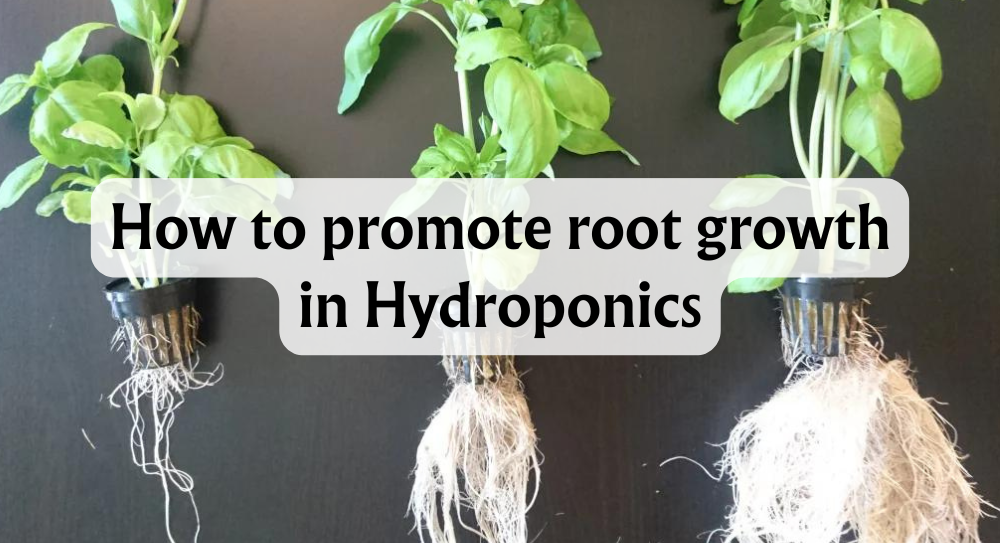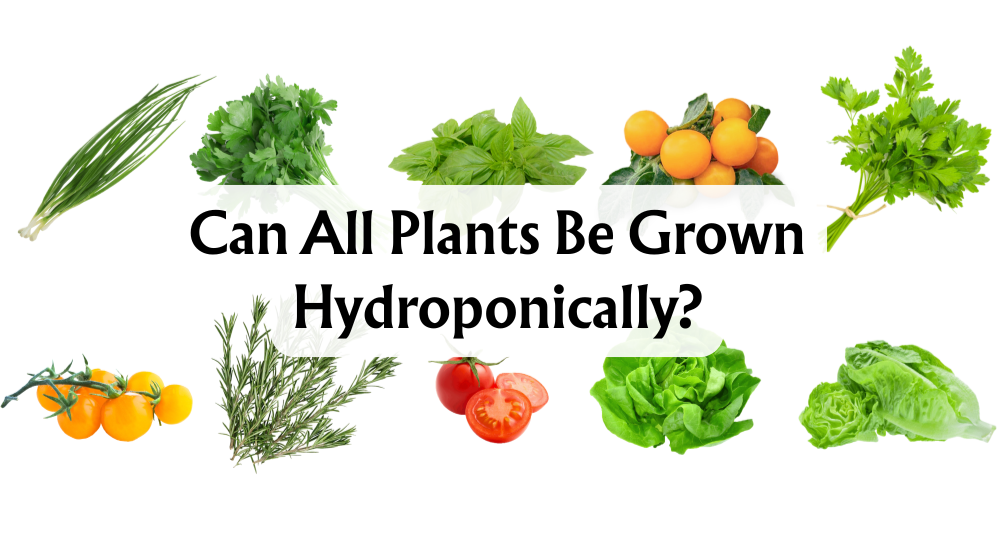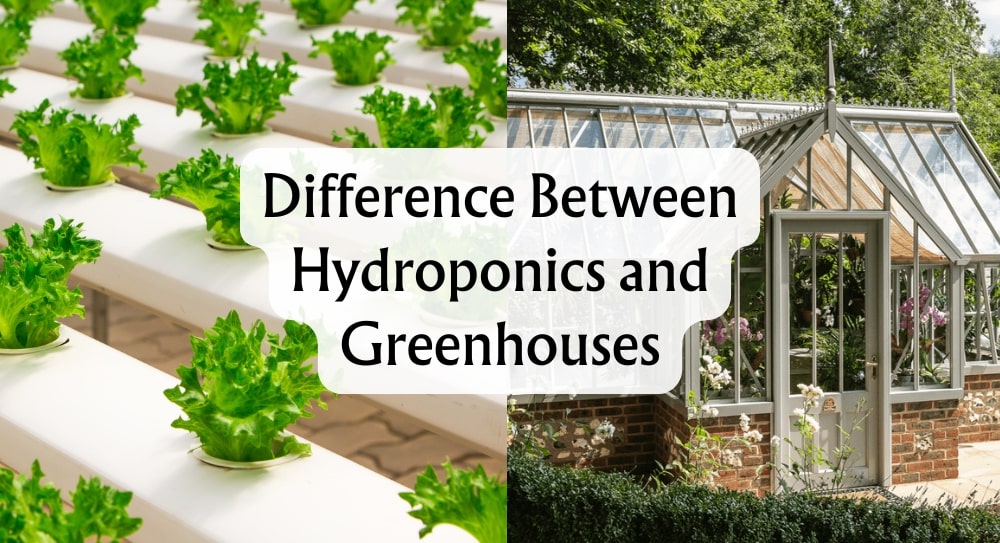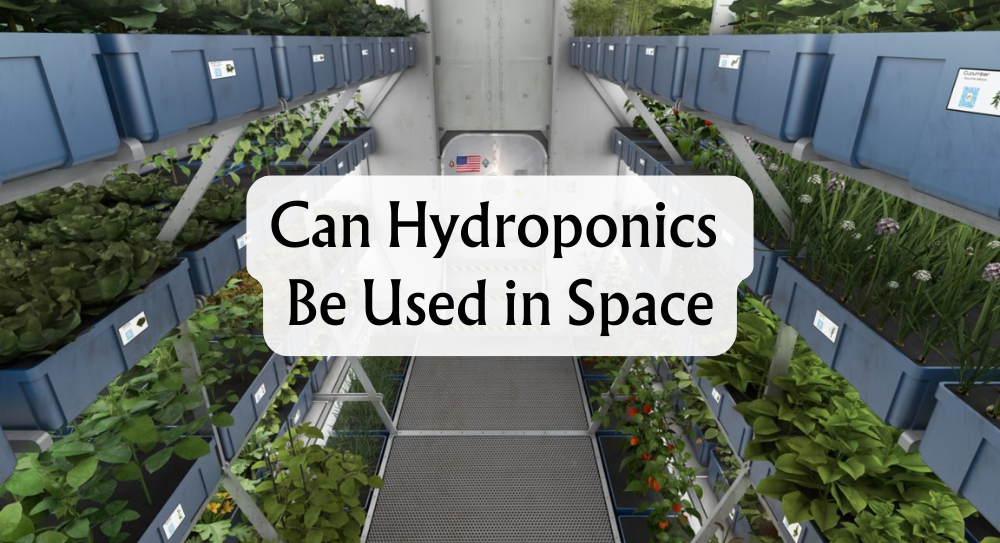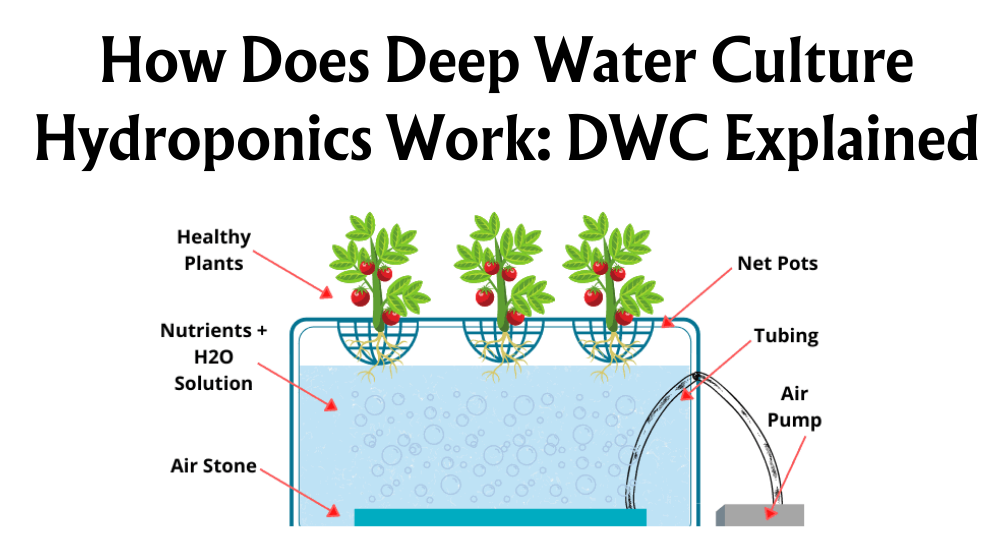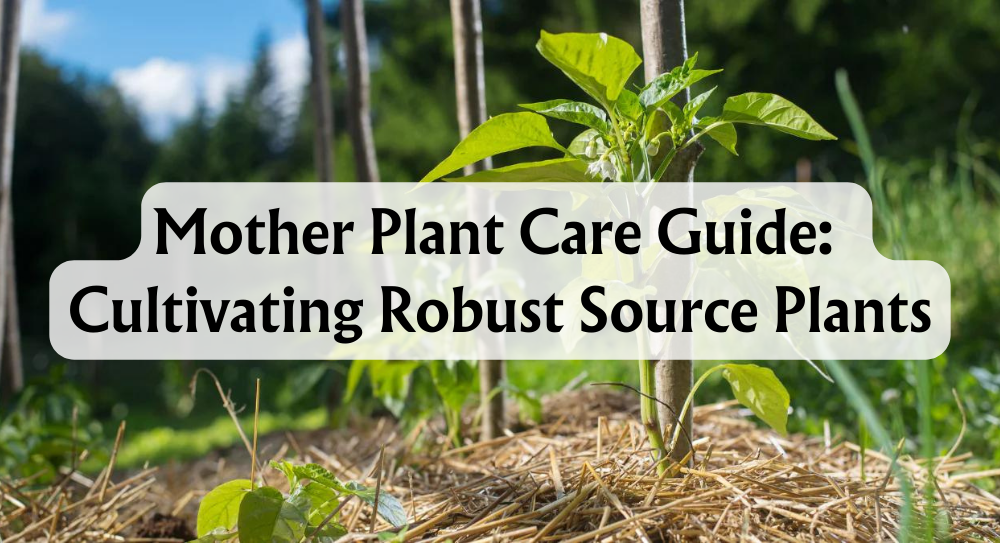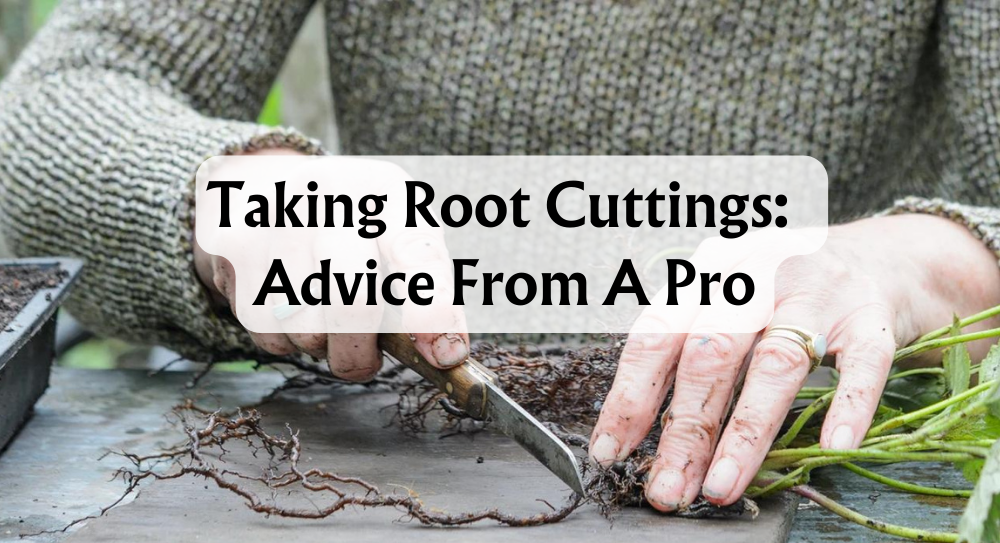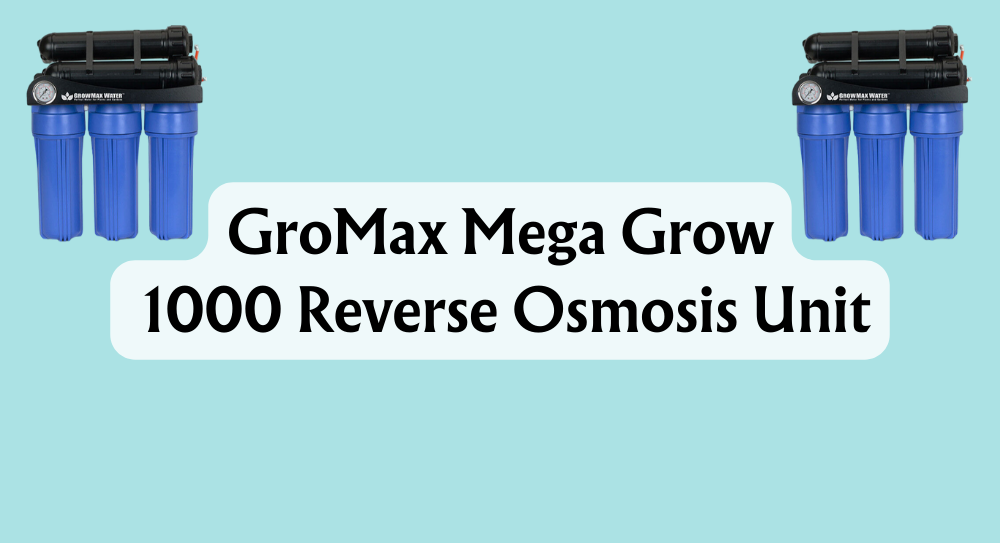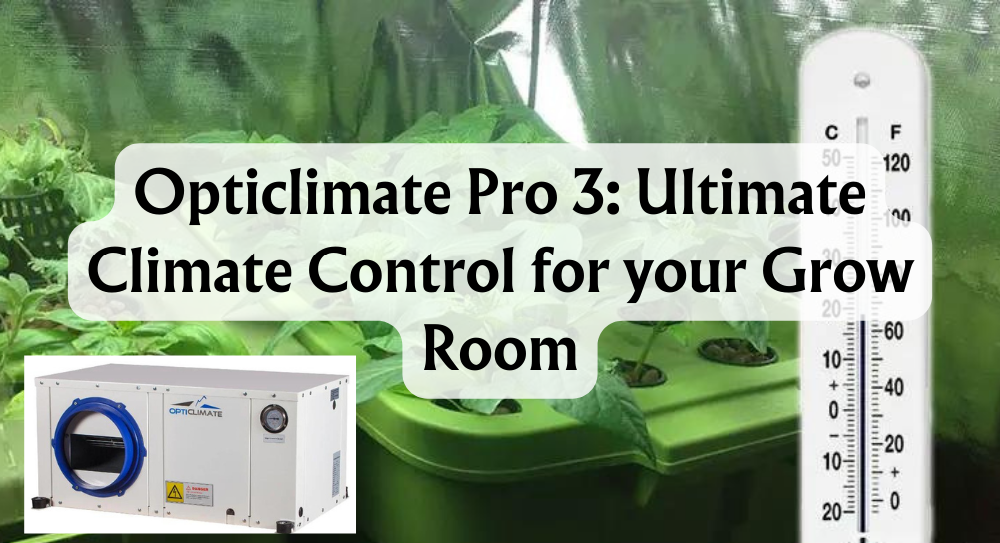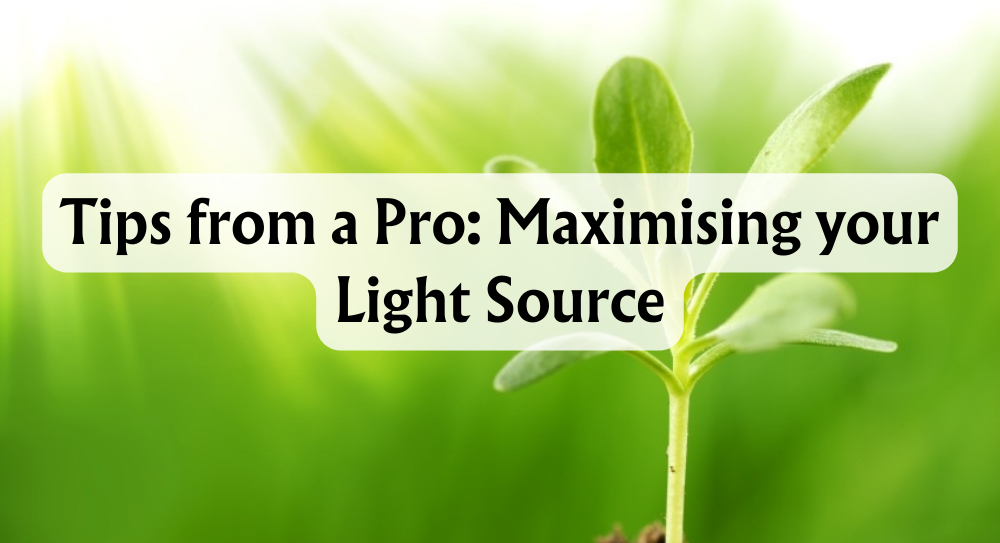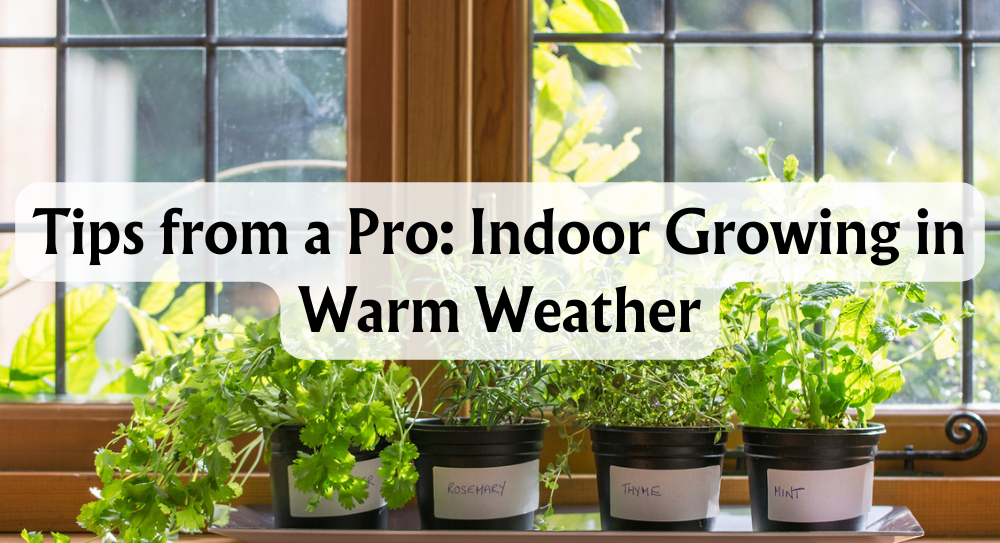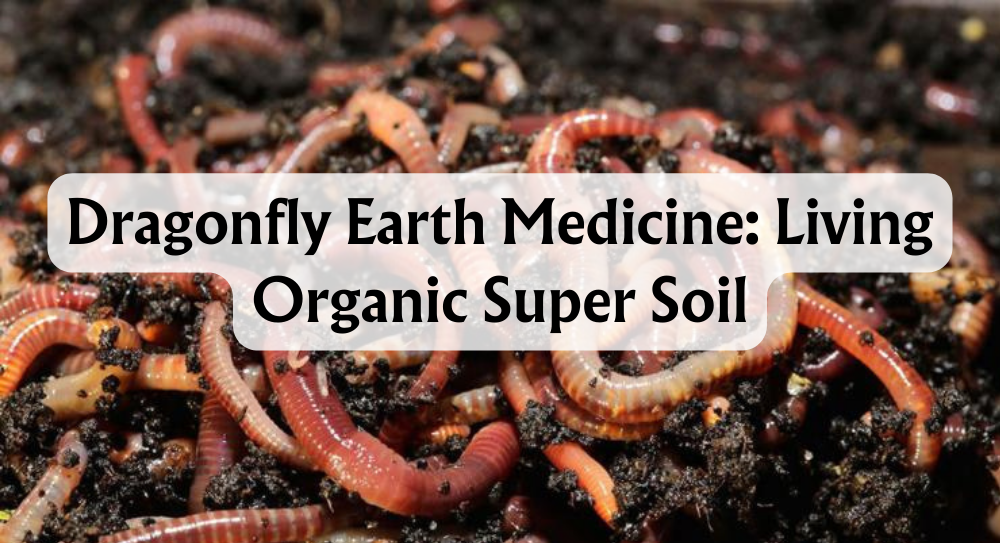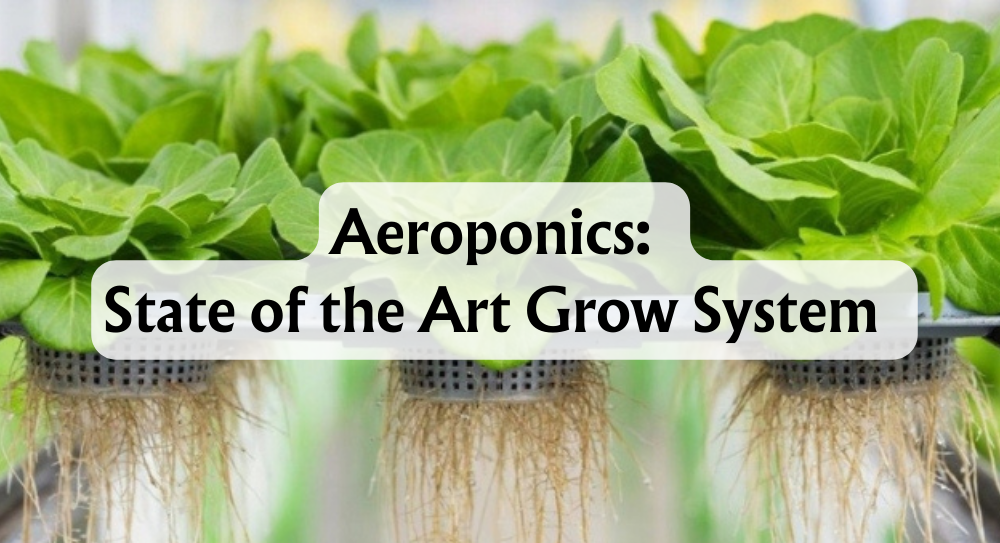How to Promote Root Growth in Hydroponics
Hydroponics offers a myriad of advantages over traditional soil-based gardening, allowing us to grow plants more efficiently and with greater control over environmental variables. One of the most critical factors in successful hydroponic gardening is promoting robust root growth since strong roots are the foundation of healthy plants. By enhancing root development, we pave the way for vigorous shoots and abundant yields.
Understanding the essentials of root growth in hydroponic systems is crucial for any grower. Maintaining an optimal water temperature between 20°C and 22°C facilitates better oxygen absorption and nutrient uptake, promoting stronger roots. Additionally, the use of purified or distilled water ensures that the nutrient solution remains balanced and free from contaminants, further supporting root health.
To achieve the best results, it's important to monitor and balance the nutrient quality regularly. Integrating beneficial microbes and root enhancers can significantly improve the growth environment for roots. By following these practical tips, we can ensure that our hydroponic plants not only survive but thrive, delivering bountiful and robust harvests.
Key Takeaways
- Maintain optimal water temperature for oxygen absorption.
- Use purified or distilled water to ensure balanced nutrients.
- Regularly monitor nutrient quality and incorporate root enhancers.
Plant Roots Explained
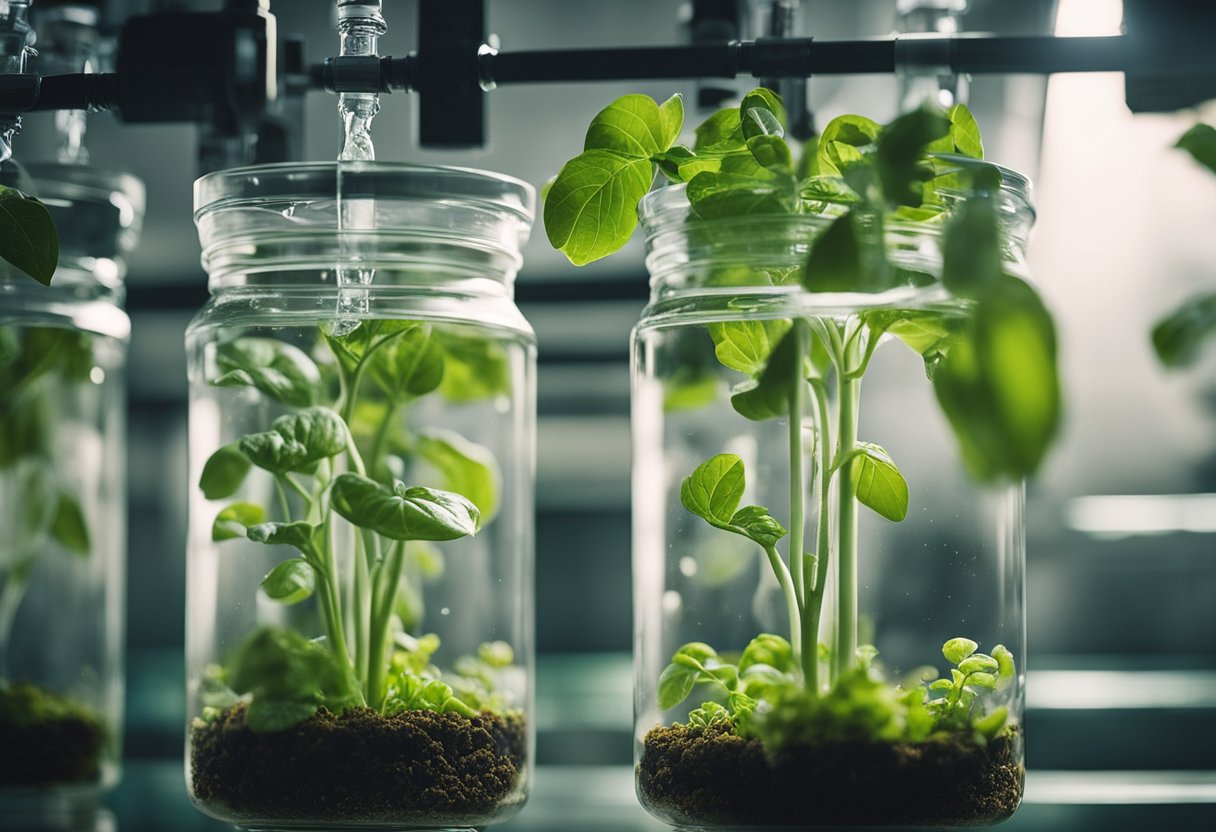
Understanding plant roots is essential for effective gardening, whether we're working with traditional soil setups or advanced hydroponic systems. Different environments affect how roots develop, absorb nutrients, and ensure plant health.
Growing in Pots
In soil-based gardening, roots grow naturally within the confines of the pot, seeking out water and nutrients. This process enables roots to develop a natural structure, branching out through the soil, which serves as a growth medium. Soil also aids in root aeration, allowing oxygen to reach roots and preventing conditions like root rot.
Advantages:
- Natural root growth structure.
- Soil acts as a natural buffer, holding nutrients and water.
- Aeration occurs through the soil, enhancing root oxygen levels.
Limitations:
- Soil compaction can limit root growth.
- Possible nutrient deficiencies due to uneven distribution.
- Risk of pests and diseases originating in the soil.
Growing with Hydroponics
Roots in hydroponic systems such as Deep Water Culture (DWC) or Nutrient Film Technique (NFT) differ significantly. Submerged or misted, they absorb nutrients and oxygen directly from a nutrient-rich, water-based solution. This method eliminates the need for traditional soil, allowing for more controlled nutrient delivery.
Challenges:
- Maintaining optimal oxygen levels in the nutrient solution is critical to avoid slimy roots.
- The distribution of nutrients must be carefully managed to ensure all roots receive adequate nutrition.
- Without soil as a buffer, pH and nutrient imbalances can affect root health more quickly.
In both soil-based growing medium and hydroponic systems, understanding root dynamics helps us improve plant health and yield. Each method offers unique advantages and challenges, highlighting the importance of tailored care to optimise root growth.
What Stimulates Root Growth?
Key factors can significantly influence the root growth in hydroponic systems.
Light and Temperature
Light and temperature play critical roles in root growth. While the roots themselves don't need light, the overall plant growth depends on the light conditions. Temperature is vital; optimal water temperature should be between 20°C and 22°C. This range helps plants absorb oxygen and nutrients effectively, promoting healthier root development.
Direct Uptake from Nutrient Solutions
In hydroponics, plants uptake nutrients directly from nutrient-rich water solutions. This direct access to nutrients allows for faster and healthier root development. It's important to maintain a well-balanced nutrient solution to ensure proper growth. Regularly monitoring and adjusting the nutrient levels can help achieve optimal root health.
Oxygen in the Root Zone
Dissolved oxygen is crucial for healthy roots. Lack of oxygen can lead to root suffocation, adversely affecting plant growth. We can enhance oxygen levels by using air pumps and techniques like air stones in deep water culture systems. These methods significantly improve root health by providing necessary oxygen, helping ensure proper growth and development.
Direct Uptake From Soil
In traditional soil-based gardening, plants rely on their roots to extract nutrients and water directly from the surrounding soil. This direct uptake is facilitated by a complex interplay between root systems and soil particles.
Soil Structure and Nutrients
Soil is a natural medium that provides a reservoir of nutrients. Macro-nutrients like nitrogen, phosphorus, and potassium are essential for plant growth, while micro-nutrients like iron, manganese, and zinc play supportive roles. Plants use their roots to absorb these nutrients, a process enhanced by soil microorganisms.
Photosynthesis Support
Soil plays a significant role in photosynthesis. Nutrients absorbed by roots are transported to leaves, where they support the photosynthesis process. The healthier the roots, the more efficiently plants can convert sunlight into energy.
Role of Sunlight
Sunlight is critical not only for photosynthesis but also influences root growth. Adequate light penetration enables better nutrient uptake, leading to robust root systems. In turn, these roots anchor the plant and help in the uptake of water and nutrients from the soil.
Water Retention
Soil also aids in water retention. The particles and organic matter in soil hold onto water, providing a consistent supply to plant roots. This moisture is critical for nutrient uptake and root health.
Microbial Activity
Soil is teeming with microbial life. These organisms break down organic matter, releasing nutrients that roots can absorb. This symbiotic relationship helps plants thrive and develop strong root systems.
Maintaining the health of the soil is essential for traditional gardening. Regularly amending soil with organic matter and monitoring pH levels can significantly enhance root growth and overall plant health.
What Is The Root Zone Process?
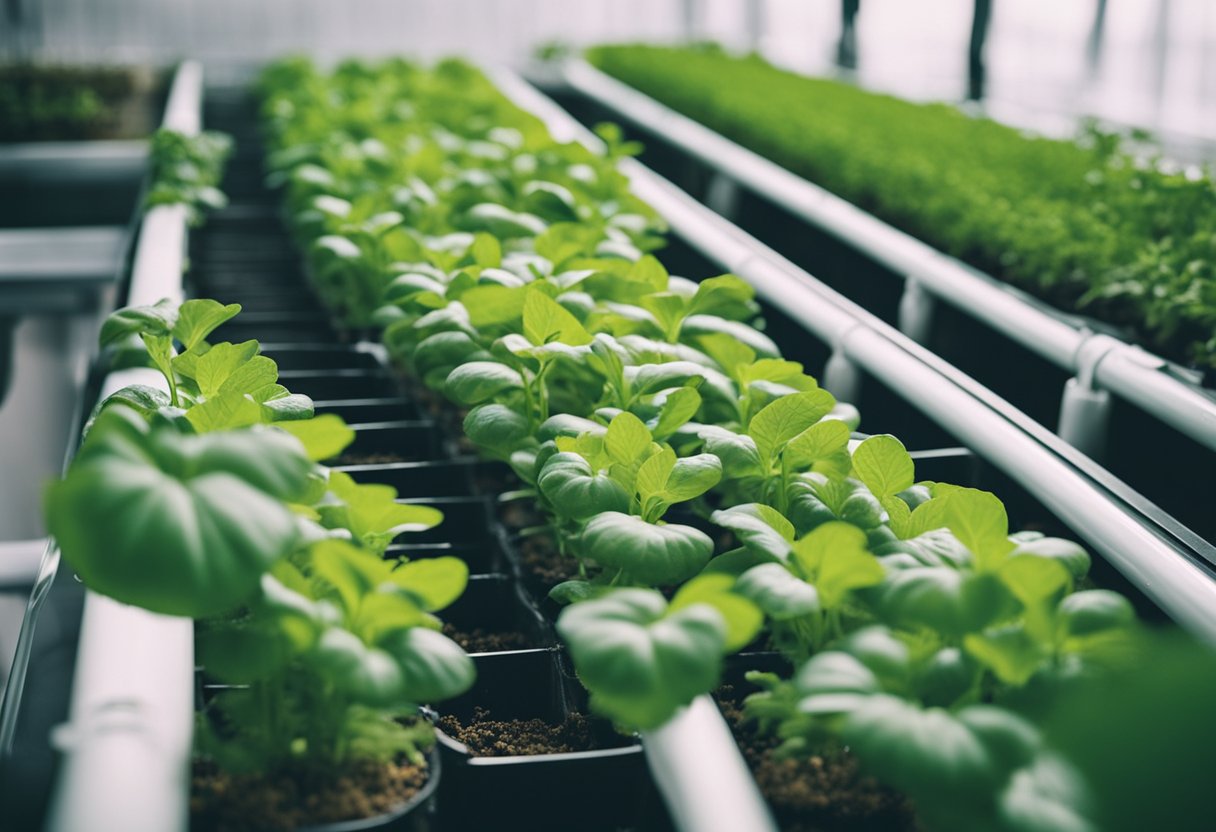
The root zone, also known as the rhizosphere, is the environment surrounding and supporting a plant's roots. It's critical for nutrient uptake and overall plant health.
In hydroponics, maintaining a healthy root zone involves careful management of several factors. Key among these are pH levels, water temperature, and nutrient concentration.
To function effectively, the root zone must be well-oxygenated. This is where air stones and air pumps come into play. By aerating the nutrient solution, air stones create bubbles that increase the amount of oxygen available to the roots. Adequate oxygenation boosts nutrient absorption and helps prevent root diseases.
To maximise root health, we must also focus on avoiding issues like root rot. Maintaining optimal pH levels (usually between 5.5 and 6.5), keeping water temperature between 18°C and 22°C, and ensuring the nutrient solution is well-balanced are essential steps.
Monitoring tools like pH meters and thermometers can greatly assist in maintaining these parameters within their optimal ranges, promoting efficient water and nutrient absorption.
What Are Beneficial Microbes?
Beneficial microbes are microorganisms that form symbiotic relationships with plant roots, significantly enhancing plant health. These microbes range from beneficial bacteria to fungi, each playing unique roles in promoting root growth and resilience.
One type of beneficial fungi is mycorrhizae, which helps plants by extending root systems through its fungal hyphae. This aids in nutrient and water absorption, making them more efficient.
Beneficial bacteria in the rhizosphere help in nutrient uptake by converting nutrients into forms that are more accessible to plants. They also assist in maintaining a stable pH balance, essential for optimal growth.
These microbes also play a crucial role in disease resistance. By outcompeting harmful pathogens, beneficial microbes protect plant roots from diseases, ensuring they remain healthy and robust.
To introduce these beneficial microbes into our hydroponic systems, we can use microbial inoculants. These are available as powders, liquids, or granules. We add these inoculants to our nutrient reservoirs, ensuring the optimal environment for microbial growth.
It's important to monitor the pH levels in our hydroponic systems to ensure a suitable environment for these microbes. A pH level of around 5.5 to 6.5 is typically optimal for most beneficial microbes, ensuring they thrive and support our plants effectively.
Regularly introducing these beneficial microbes into our hydroponics setup not only promotes root growth but also improves overall plant health and yield.
Best Root Enhancers
Root enhancers play a crucial role in hydroponics, directly impacting root health and plant vitality. These products contain essential nutrients and growth stimulants to promote robust root systems.
Popular Root Enhancers
Kelp-Based Enhancers: Derived from seaweed extract, these products are rich in natural growth hormones and minerals. They help stimulate root development and improve nutrient uptake.
Enzyme Solutions: These break down organic matter in the root zone, making nutrients more readily available for plant absorption.
Humic Acid: Known for its ability to retain water and nutrients, humic acid helps in creating a favourable environment for root growth.
Best Nutrients For Root Growth
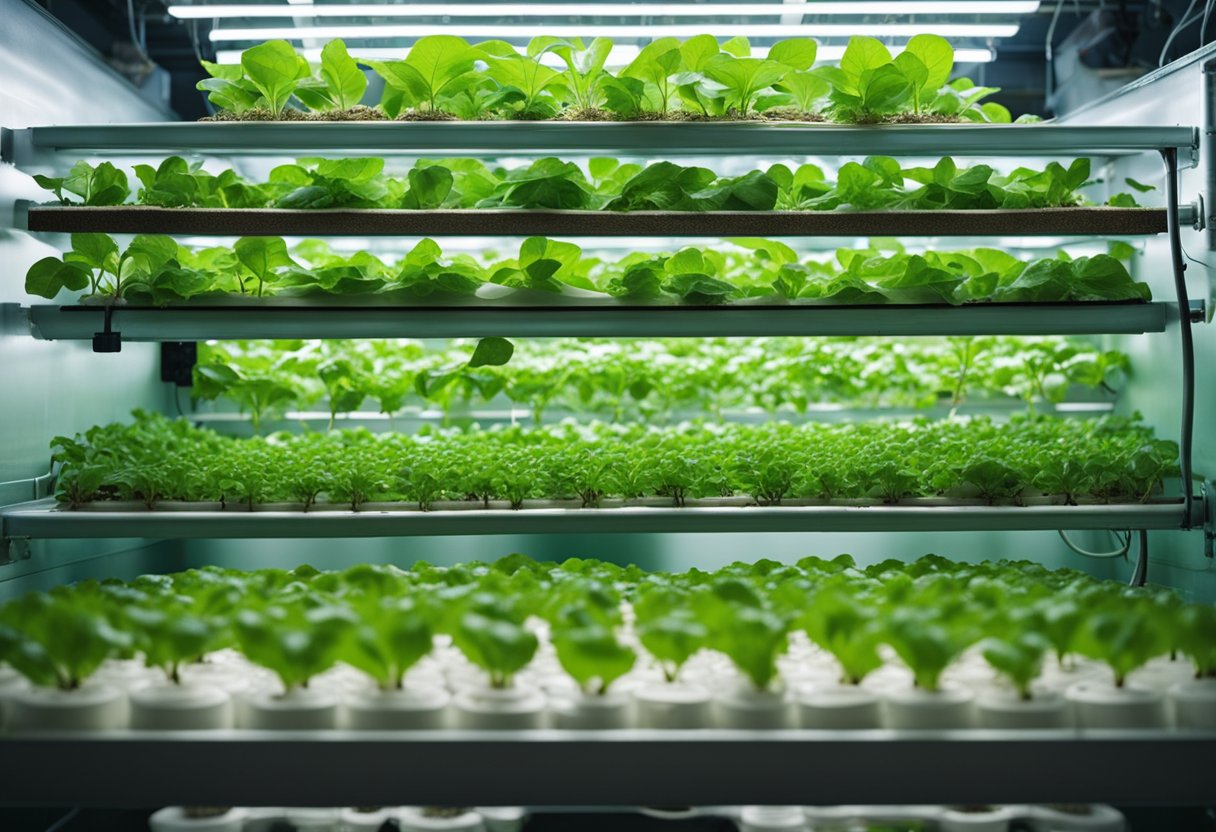
Choosing the right nutrient formula is essential for optimal root development in hydroponic systems.
Essential Nutrients for Roots
Key nutrients for root growth include Nitrogen (N), Phosphorus (P), and Potassium (K). These macronutrients play a crucial role in various physiological processes. For instance, Phosphorus is vital for energy transfer and root development, while Potassium aids in water absorption and enzyme activation.
Our nutrient solution should also include essential micronutrients such as Calcium, Magnesium, and important trace elements like Iron and Zinc. These elements support overall plant health and improve nutrient availability.
Optimising Nutrient Solutions for Hydroponic Systems
To mix and adjust nutrient solutions efficiently, we must maintain a balanced nutrient ratio tailored to the specific growth stage of our plants. Regularly monitoring and adjusting factors like pH and EC (electrical conductivity) is crucial to prevent issues like nutrient lockout, where plants can't absorb the available nutrients.
Avoid common mistakes such as over-fertilisation, which can lead to nutrient imbalances and root damage. We recommend using a hygrometer to keep track of moisture levels and ensure a stable environment for root growth.
Example of Nutrient Schedule
We follow a nutritional plan tailored to different growth stages. Here’s a simple schedule:
- Seedling Stage: Lower nutrient concentration with a focus on Phosphorus.
- Vegetative Stage: Increase Nitrogen and Potassium levels.
- Flowering Stage: Higher Phosphorus and Potassium, with moderate Nitrogen.
Sample Nutrient Feeding Schedule:
| Growth Stage | N (ppm) | P (ppm) | K (ppm) | Micronutrients (ppm) |
|---|---|---|---|---|
| Seedling | 80-100 | 40-60 | 100-150 | 20-30 |
| Vegetative | 150-200 | 50-70 | 200-250 | 30-40 |
| Flowering | 100-150 | 70-100 | 250-300 | 30-40 |
Balancing each element in our hydroponic solution is key to promoting robust root systems and overall plant health.
Conclusion
To promote root growth in hydroponics, we should focus on several key factors. Temperature and humidity are crucial. Keeping the water temperature between 18°C and 22°C and humidity levels between 40% and 60% can significantly impact root health.
Using purified or distilled water ensures that plants receive clean hydration, free from contaminants. Adding oxygen through methods like air stones enhances nutrient absorption by the roots.
Monitoring nutrient solutions regularly helps maintain a healthy balance. It's vital to adjust the nutrient levels as plants grow to cater to their changing needs.
Experimentation with different techniques can lead to better insights. Encouraging the use of hygrometers for humidity and pH meters for nutrient levels helps maintain these optimal conditions.
In hydroponic systems like Deep Water Culture (DWC), maintaining an average root length of 10 inches promotes health. For systems with grow pipes, 4 to 6 inches is ideal.
Controlling these variables can lead to healthier, more robust root systems. Let's continue exploring and fine-tuning our methods to achieve the best possible outcomes.







 Store Locator
Store Locator
